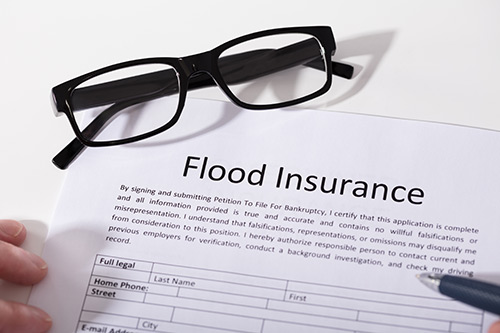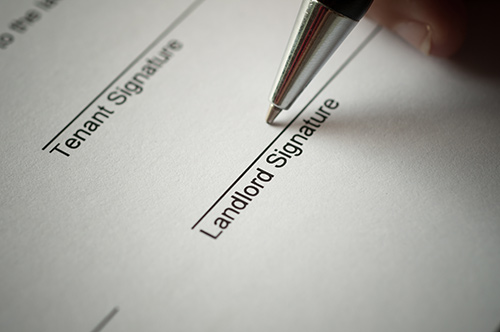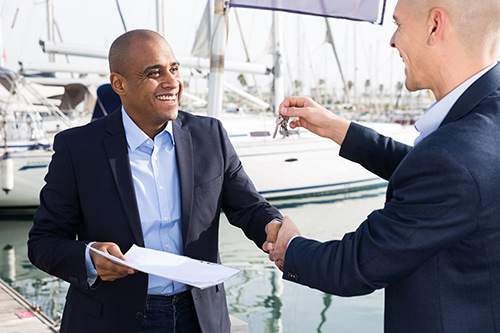
It’s easy to assume that if your home isn’t in a flood-prone area, you don’t need flood insurance. But that can leave you at a greater risk than you think.
In fact, according to the Insurance Information Institute, 90% of all U.S. natural disasters involve flooding. And the cost to repair flood damage can be more than many families are able to pay.
Get peace of mind knowing your greatest asset is protected with a flood insurance policy tailored to your risk and the value of your home.
Does Homeowners Insurance Cover Flooding?
Sometimes it can be confusing to know exactly what’s covered in your homeowner’s insurance policy. But it’s important to understand that flooding is never covered. For example: if lightning damages your home in a storm, that damage may be covered, but if that same storm results in flooding, water damage is not covered.
That’s why it’s so important to consider purchasing a flood insurance policy through the National Flood Insurance Program (NFIP).
When Is Flood Insurance Required?
If you’re wondering, “Does my house need flood insurance?” a great place to start is by checking with your mortgage lender.
In some cases, you may be required by your mortgage lender to have flood insurance in place. This typically happens when you live in a high-risk area or are working with a federally regulated lender, like the Federal Housing Authority.
But exactly where is flood insurance required? To find out, check the FEMA Flood Map – an online tool that allows you to see your home’s risk level. Those living in high-risk zones are required to have flood insurance.
But remember that just because you’re in a lower risk zone doesn’t mean your home is protected and won’t ever flood. In fact, flooding is the most frequent and costly natural disaster in the United States, and all 50 states are at risk. Any home can flood so it’s best to always be prepared and talk to an independent insurance agent to see what coverage options are available and best for your home. Your agent knows you, your home and your specific risk better than anyone else and can help advise you on the best path to take.
How Much Does Flood Insurance cost?
Like other insurance policies, the price of flood insurance can vary depending on factors like:
- Your location
- Your property’s risk
- What your policy covers (like structural damage or personal property protection)
- How much coverage you choose
Because primary flood insurance is offered exclusively through FEMA’s National Flood Insurance Program, it’s hard to say exactly how much coverage you’ll need and how much it’ll cost. There are limits set on coverages for flood-related building damage and property damage. You may also have to wait a certain period of time before the plan kicks in. Check it out for yourself and talk to an insurance agent about your specific situation to get an estimate on the cost for you.
So, is it worth it to have flood insurance? We think so. Regardless of where you live, there’s no better feeling than knowing the things that matter most are fully protected whenever the unexpected happens.
Talk to Lallis & Higgins Insurance, your independent insurance agent, to determine if flood insurance is right for you.
Source:msainsurance.com




